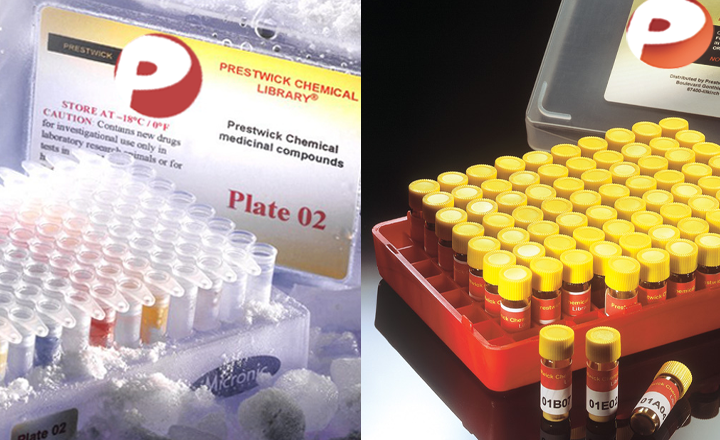In vitro assessment of Macleaya cordata crude extract bioactivity and anticancer properties in normal and cancerous human lung cells
Liu M, Lin YL, Chen XR, Liao CC, Poo WK
Experimental and Toxicologic Pathology - vol. 65 775-787 (2013)
Experimental and Toxicologic Pathology
The purpose of this study is to assess the bioactivity and anticancer properties of Macleaya cordata crude extract in vitro using normal fetal lung fibroblast MRC5 and adenocarcinomic epithelial cell A549 as model systems,. Treatment of extract induced cell detachment, rounding, and irregularity in shape, in both normal and adenocarcinomic human lung cells, in accompanied of significant reduction in cell proliferation. The data indicated that necrosis appeared to be involved in compromising cell growth in both types of lung cells since membrane permeability and cell granularity were elevated. Although apoptosis was evident, the responses were differential in normal and diseased lung cells. Viability of treated MRC5 cells was reduced in a dose-dependent manner, demonstrating that the normal lung cells are sensitive to the extract. Surprisingly, A549 viability was slightly elevated in response to extract exposure at low concentration, implying that cells survived were metabolically active; the viability was reduced accordingly to treatment at higher concentrations. The present findings demonstrate that the crude extract of M. cordata contains agents affecting the functioning of normal and diseased lung cells in vitro. The observed cytotoxic effects against adenocarcinomic lung cells validate the potential of using M. cordata as herbal intervention in combined with conventional chemotherapy for lung cancer treatment. © 2012 Elsevier GmbH.


